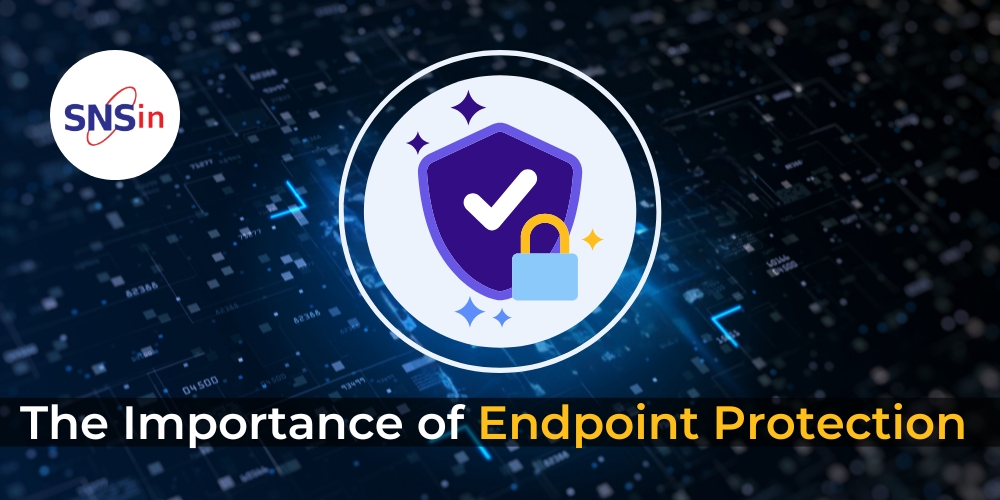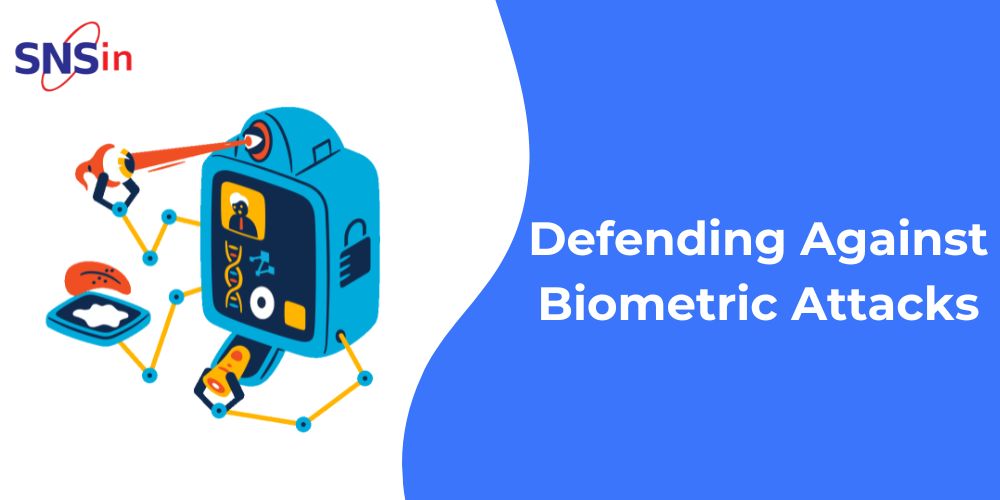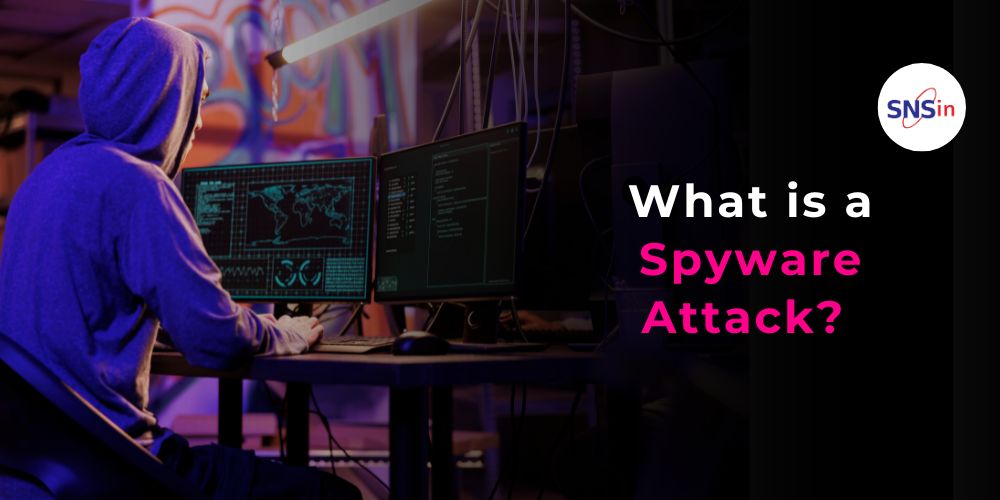A computer, laptop, smartphone, or other device connected to a network, is known as an ‘endpoint’. These endpoints may be compromised by a cyber threat. Remote work & evolving cyber threats makes endpoint protection a key pillar of network security.
Endpoint protection safeguards all connected devices within a network. It protects laptops, smartphones, desktops, tablets, and servers from attacks, ransomware, data breaches, and other threats. Cybersecurity for these devices extends beyond antivirus software. It requires a proactive approach to secure them against a wide range of threats.
This blog speaks about endpoint protection & prevention of of threats. Also, why businesses must install endpoint protection on their computers and other devices.
Why Endpoint Protection Matters?
Cybercriminals exploit devices to access networks, steal data, or disrupt operations.
According to a report by Cybersecurity Ventures, by 2025, cybercrime will cost the world $10.5 trillion per year. Endpoint attacks are a common component of cybercrime campaigns. They serve as the initial point of entry into corporate networks. Without robust endpoint protection, businesses remain vulnerable to these evolving threats.
Features of Endpoint Protection
An ‘endpoint protection’ then must be viewed as involving a layered security approach. It is not just another antivirus software featuring methods only available several years ago. It employs machine learning, artificial intelligence, and behavioural detection methods.
Here are some key features of endpoint protection:
Antivirus and Anti-Malware:
Basic endpoint protection includes antivirus & anti-malware tools to detect & remove threats like viruses, Trojans, & worms. Next-gen solutions go further, using AI & behavioral analysis to stop new, evolving malware.
Data Encryption:
Encryption ensures data stays safe from unauthorized access. Even if a device is lost, stolen, or compromised.
Endpoint Detection and Response (EDR):
EDR swiftly detects & responds to threats, stopping malware spread. With AI-driven anomaly detection, it flags advanced threats like zero-day exploits & ransomware.
Application Control:
Organizations can restrict app usage on endpoints to block unauthorized software or malware. Regular updates & patches are key to closing vulnerabilities & keeping hackers at bay.
Patch Management:
Software & OS vulnerabilities are prime targets for attackers. Automated patch management ensures timely updates, reducing breach risks. Stay protected—stay updated !
Mobile Device Management (MDM):
Mobile devices are vital for businesses, but securing them is crucial. MDM-integrated endpoint protection enforces policies, monitors threats & wipes lost devices remotely.
How Does Endpoint Protection Work in Practice?
Endpoint protection covers prevention, detection, & response to diverse threats, ensuring comprehensive security. Here’s how it works in practice:
Prevention:
Measures like firewalls, encrypting tools, and multi-factor authentication protect the endpoint against unlawfulness. It translates to antivirus and anti-malware products that prevent threats. Application control stops the running of unsustainable programs. Patch management makes all the systems free from vulnerabilities since it updates them.
Detection:
Even fortified endpoints face emerging threats. Modern endpoint protection uses EDR to monitor behavior, detect anomalies & escalate suspicious activity.
Response:
Endpoint security solutions has incident response time faster in case of a breach. Isolation of compromised devices from the network to prevent the spread of malware. It facilitates investigations into cyberattacks. It helps organizations understand attack occurrence and implement measures to prevent future incidents.
Why businesses cannot afford to ignore endpoint protection?
The financial and reputational consequences of endpoint breaches are too severe to ignore. To protect their businesses, organizations must prioritize endpoint security for several critical reasons.
Regulatory compliance requires data protection. Inadequate endpoint security can lead to costly breaches, legal penalties, and business disruptions. Protecting customer data ensures trust and operational continuity.
Conclusion
Cyber threats are getting advanced and to have endpoint protection is a necessity. Robust endpoint security helps organizations safeguard digital assets and mitigate risks.
Secure Network Solutions (SNS) are the Doctor’s of Network Security. We have been providing robust Endpoint security solutions to customers for the last 24 years. Drop us an email with your security related requirements to [email protected]
Swathi
Author
Working IT professional and a Cyber Security enthusiast. Passionate to write about Cyber Security topics and Solutions. I share my insights as I study articles and trending topics in the field of Cyber Security.
![]()




